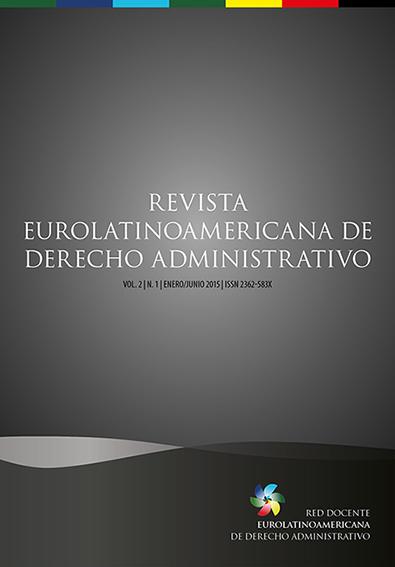Housing access mechanisms in Latin America. A few cases
DOI:
https://doi.org/10.14409/rr.v2i1.4629Keywords:
vivienda digna, derechos sociales, derechos humanosAbstract
This research work deals with the significance that the right to access housing can have and its relationship with property rights. The paper analyzes several existing paradigms in Latin America, and examines the results obtained for each of the communities in which they were applied. All of this in view of the housing problems which affect more than one third of Latin America’s population. According to UN-Habitat, the most pressing difficulty is the lack of serviced land, followed by the danger to which marginal sectors are exposed regarding safe possession. Possession, which we understand, does not necessarily relate with property rights since there are other ways of access, such as rentals under protective legislation. In Argentina, there may be news regarding urban rentals if the Unification Project of the Civil and Commercial Codes, currently under debate by the Senate, is approved. Surely, the pressing and overwhelming situation of the vulnerable sectors cannot be solved by the sole action of the States, so participation of the civil society, whether developers, NGOs, members of academia, and specialized professionals, or others, is essential.
References
BID – BANCO INTERAMERICANO DE DESARROLLO. Un espacio para el desarrollo: Los mercados de vivienda en América Latina y el Caribe. México: César Patricio Bouillón Editor/Fondo de Cultura Económica, 2012. Disponible en la página web: <www.iadb.org>.
FERNANDES, Edésio. Del Código Civil al Estatuto de la Ciudad: Algunas notas sobre la trayectoria del Derecho Urbanístico en Brasil. Boletín Mexicano de Derecho Comparado, México, Nueva Serie, Año XXXVII, nº 109, ene./abr. 2004.
NACIONES UNIDAS. Avances en la sostenibilidad ambiental del desarrollo en América Latina y el Caribe. Informe realizado bajo la supervisión de Alicia Bárcena, Secretaria Ejecutiva de la Comisión Económica para América Latina y el Caribe (CEPAL) y de Joseluis Samaniego, Director de la División de Desarrollo Sostenible y Asentamientos Humanos de la CEPAL. Disponible en la página web: <http://www.eclac.cl/rio20/tpl/docs/3.ODM-7.ESP.pdf>.
ONU-HABITAT. Boletín Informativo. Serie DDHH 2010. Disponible en la página web: <www.unhabitat.org>.
TALLER, Adriana; ANTIK, Analía. El Derecho Urbano debe afianzar el ejercicio del derecho a la ciudad. Revista de la Facultad de Derecho de la Universidad Nacional de Rosario, Rosario, n° 20, 2012.
Downloads
Published
How to Cite
Issue
Section
License
Authors who publish in this Journal agree to the following terms:
- Authors retain copyright and grant the Journal of Constitutional Research the right of first publication with the article simultaneously licensed under the Creative Commons - Attribution 4.0 International which allows sharing the work with recognition of the authors and its initial publication in this Journal.
- Authors are able to take on additional contracts separately, for non-exclusive distribution of the version of the paper published in this Journal (eg.: publishing in institutional repository or as a book), with a recognition of its initial publication in this Journal.
- Authors are allowed and encouraged to publish their work online (eg.: in institutional repositories or on their personal website) at any point before or during the submission process, as it can lead to productive exchanges, as well as increase the impact and the citation of the published work (see the Effect of Open Access).



























.png)





